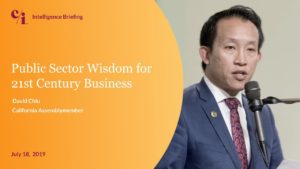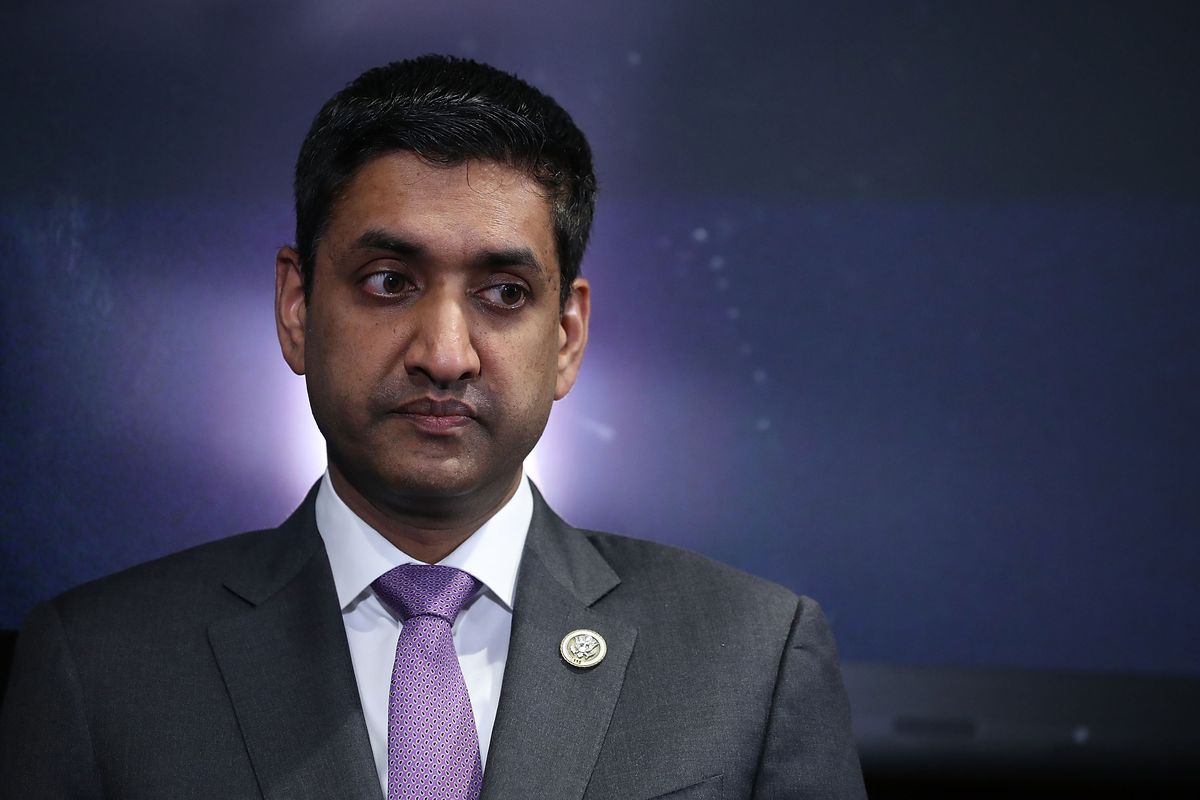Vidya Sethuraman
India Post News Service
Ethnic Media Services had organised for a video conference on COVID-19: Pandemic Impact on Ethnic Populations on April 17. Speakers of the conference included Dr. Tung Nguyen, Congressman Ro Khanna (D-CA), Assemblymember David Chiu, Virginia Hendrick, California Consortium for Urban Indian Health and Genoveva Islas, Cultiva la Salud.
Assemblymember David Chiu, representing District 17, CA explained the Statewide initiatives taken to mitigate the impact of pandemic. He explained Gov. Newson’s timeline to reopen the economy and its impact on small businesses. Given the intensity of the infection and how it is flattening, we are not sure on the timelines to open the state, said David Chiu.
We want to do everything to stabilise the situation to struggling Californians and the small businesses. The $349 billion program created by Congress as part of the COVID-19 stimulus package has run out of money and the need is enormous.
Our legislation will try to have a State Economic stimulus package to fill in the gaps. Gov Newson announced a $125Million fund to assist immigrants who will be eligible to tap into the relief fund as they navigate through the economic upheaval unleashed by the coronavirus outbreak.
In addition to traditional unemployment insurance, the Pandemic unemployment fund will be up in running in 2 weeks which will help self employed, gig workers. He added on the rent eviction, homeless people safety, providing assistance to healthcare workers, troubling trend of racism, xenophobia and discrimination directed at Asian Americans and Pacific Islanders in the Bay Area and nationwide over COVID-19.

Congressman Ro Khanna spoke on the proposed stimulus package. Representatives Tim Ryan (D-OH) and Ro Khanna (D-CA) have introduced new congressional legislation — the Emergency Money for the People Act — to provide $2,000 per month to Americans who have been impacted by the COVID-19 pandemic. Under their proposed legislation, the congressmen would continue monthly cash payments to eligible Americans until employment returns to pre-COVID-19 levels.
“A one-time, twelve hundred dollar check isn’t going to cut it,” Rep. Khanna said. “Americans need sustained cash infusions for the duration of this crisis in order to come out on the other side alive, healthy, and ready to get back to work.”
Virginia Hedrick, California Consortium for Urban Indian Health explained the Impact of COVID-19 on native Americans, lack of funding, and community-specific resources. Native Americans have many of the risk factors that put them at higher risk for severe illness from COVID-19. Heart disease, cancer, unintentional injuries, and diabetes are leading causes of death among Native Americans and lead to a life expectancy that is 5.5 years less than that for the US all-races population. Even when we are not in the midst of a pandemic, life for many Natives is difficult, and access to good care is limited. The problems are only amplified at this time. Action is needed now to support these communities.
Genoveva Islas, Cultiva la Salud,a public health advocacy organisation based in Fresno spoke at length on the virus in the Central Valley and its impact on farmworkers. Central Valley, CA accounts for 1% of the agricultural land and 25% of the total food produced in the United States. Farm workers are classified in essential services and they need utmost protection. There is an urgent need to protect the farm workers as we see an increased rate of infection and this will affect agricultural activity, thereby impacting all our lives, said Islas.
Dr. Tung Nguyen, University of California, San Francisco, gave an overview of the pandemic. Ethnic communities in particular are at risk for receiving inaccurate information. “Minority communities in particular, due to lack of access to culturally and linguistically appropriate information and reliance on social networks for communications, are at a high risk for misinformation,” Dr.Tung Nguyen said.







